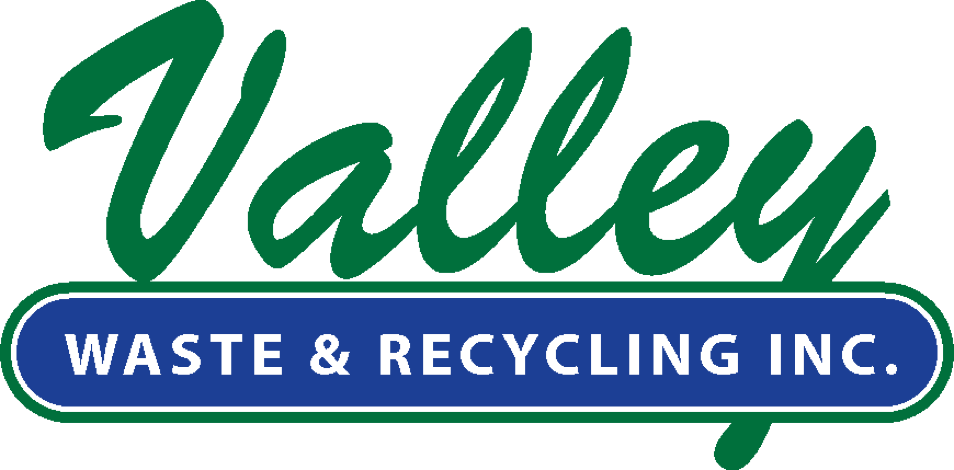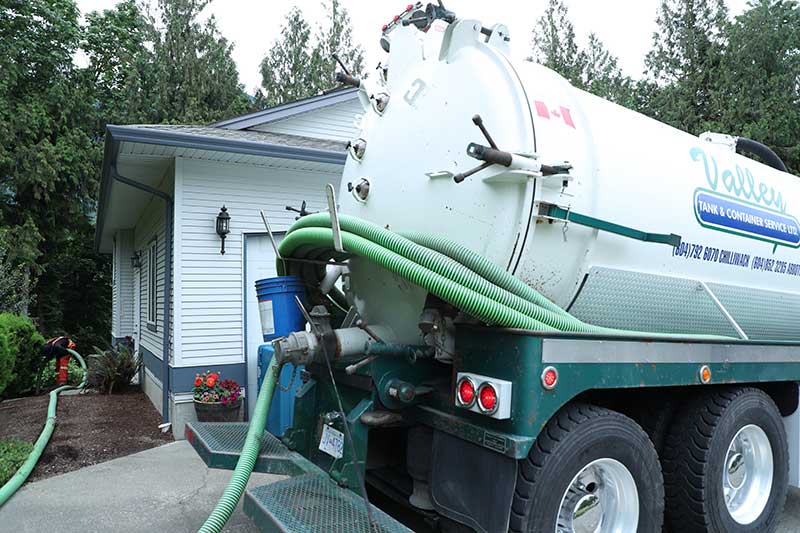If you and your family use a septic system, you’re well aware that it can be a big benefit to your home. It saves money, it’s good for the environment and offers independence from community sewer leaks or clogs.
Sadly, septic upkeep is too often neglected, with many owners admitting they don’t even know how to access their systems. This is a big problem, as lack of proper long-term care for your septic can lead to costly repairs. Considering the average septic tank should last 20-30 years, a few steps today can prevent massive headaches in the future.
Protect it
Seems straightforward, but remember when we mentioned many folks don’t even know where their septic is? Find out. Check the records that came with your house to discover where all the components for your septic and its drainfield are located.
First, this will ensure you never drive or pave over your septic system, tank or absorption bed (this happens more than you think). Second, you’ll be able to quickly assist and direct people coming on-site for repairs or inspection. Third, you now know exactly where to avoid planting trees or shrubs, as both can seriously interfere with your drainfield’s piping.
Pump periodically
With a standard system, aim for a pump truck visit every three to five years. If you’re careful about what goes down your drains, you might be able to go even longer between service calls.
Conserve water. The average Canadian uses 335 litres of water a day. Conserving water will not only cut your bills but will also help your septic tank as well. Increased water efficiency boosts the septic system’s operations and reduces the risk of breakdown.
Watch what you flush or dump. Your septic system is the final resting place for anything that goes down your home’s toilets or sinks, so there’s a lot to be avoided to maintain good septic health, including:
- Cooking oil or grease
- Feminine hygiene products
- Baby wipes or wet wipes
- Crumpled-up papers
- Cards
- Condoms
- Pills
- Diapers
- Dental floss
- Cotton balls
- Coffee grounds
- Cigarette butts
- Paper towels
- Cat litter
Watch your use of chemicals
Your septic tank uses a lot of good bacteria to break down solids. Many household cleaners can harm it. Do not use drain cleaners, toilet bowl cleaners or any soaps with quaternary ammonia. Avoid bleach when doing laundry, too.
In conclusion…
Taking care of your septic system is simple. Protect it, reduce your water use, avoid garbage and harmful chemicals and it should provide years of faithful—and cost-effective—service. Happy flushing!


